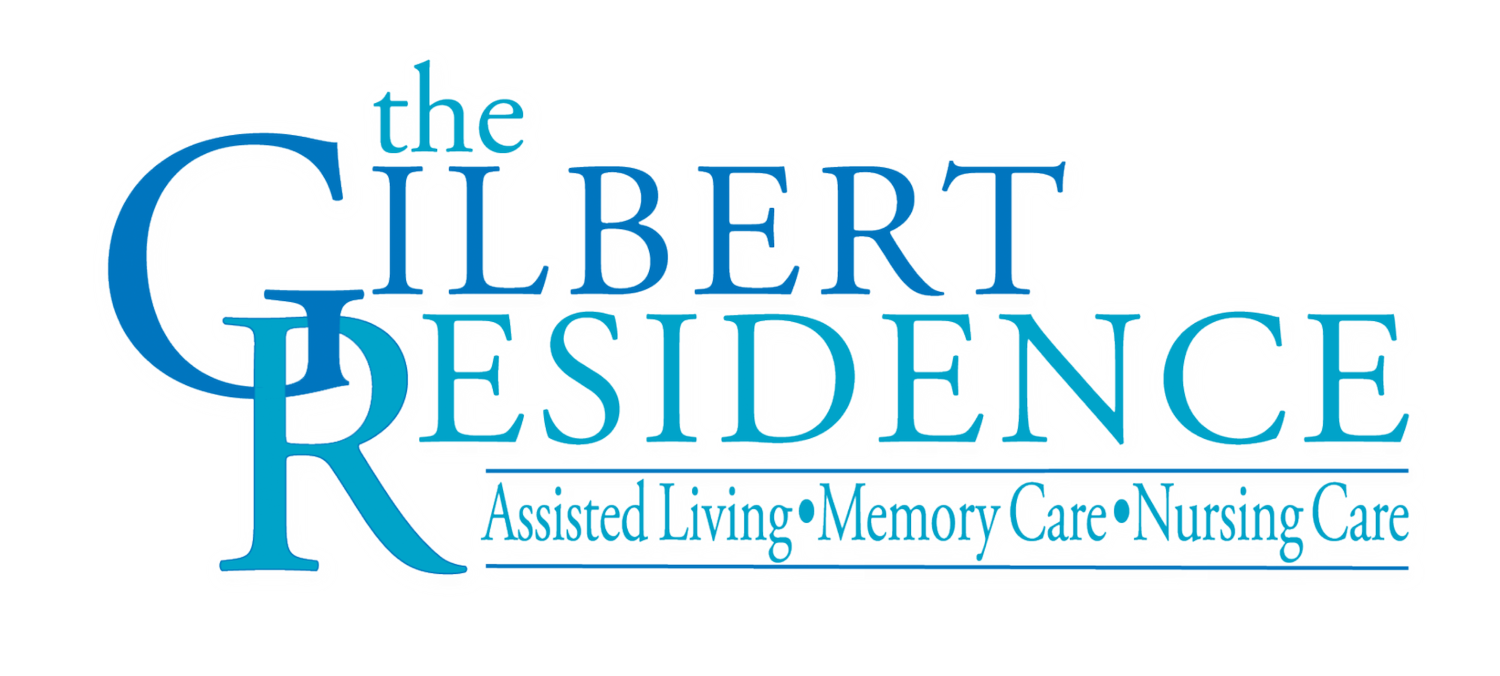11 Signs It May Be Time to Consider Assisted Living Care
It can be difficult to know when it’s time to move to an assisted living community. Many seniors remain largely independent but begin to need support with everyday tasks. Others may seek a more engaging, social lifestyle, or their families may worry about safety, medication, or overall well-being.
If you’re wondering whether assisted living is the right choice for your loved one, here are 11 key signs to look for:
1. Activities of Daily Living Are Difficult to Do
Everyday tasks like bathing, dressing, grooming, or getting around the house may become harder to manage. Assisted living provides support while preserving independence, so seniors can focus on enjoying life rather than struggling through basic routines.
2. Medications Are Mismanaged
Missing doses, mixing up prescriptions, or forgetting to take medications altogether can be dangerous. Assisted living communities provide medication reminders or administration to ensure health and safety.
3. Care Is Needed, but Not at a High Level
Your loved one may not need 24-hour skilled nursing care but still requires more support than can be provided at home. Assisted living offers the right level of help in a comfortable, homelike environment.
4. Isolation Is Causing Loneliness
Living alone can lead to social withdrawal, which is linked to declining mental and physical health. Assisted living provides built-in opportunities for connection through activities, events, and friendships.
5. Care Coordination Has Become Challenging
Managing doctor visits, physical therapy, or other health needs can become overwhelming for families. Assisted living simplifies this by coordinating care services and ensuring needs are met consistently.
6. Home Maintenance may be Neglected
If household chores, yardwork, or repairs are piling up, it may be a sign that your loved one can no longer keep up. Assisted living removes these burdens, offering maintenance-free living.
7. Poor Nutrition Is Affecting Their Health
Skipping meals, relying on convenience foods, or unintentional weight loss may signal that cooking and meal planning have become too difficult. Assisted living provides balanced, chef-prepared meals daily.
8. Family Caregiver Experiences Burnout
Caring for a loved one at home is rewarding but can also become exhausting. If a caregiver is overwhelmed or struggling to balance responsibilities, assisted living can relieve stress while ensuring proper care.
9. Your Home Isn’t Safe
Falls, clutter, or unsafe stairways can pose serious risks. Assisted living communities are designed with safety features like grab bars, emergency call systems, and accessible layouts.
10. A Doctor Recommends Assisted Living
If a physician suggests that assisted living may be appropriate, it’s worth taking seriously. Medical professionals often recognize subtle changes that indicate the need for extra support.
11. Needs Exceed What You Can Provide
Sometimes, despite everyone’s best efforts, your loved one’s needs go beyond what family or home caregivers can manage. Assisted living ensures they receive the right level of care, comfort, and dignity.
Final Thoughts
Recognizing these signs can be difficult, but assisted living doesn’t mean giving up independence, it means gaining peace of mind, safety, and support. For many seniors, the move opens the door to a more active, fulfilling lifestyle surrounded by care and community.
The Gilbert Residence team is ready to answer your questions about your loved ones needs, and would love to help you with the next steps of your search.
